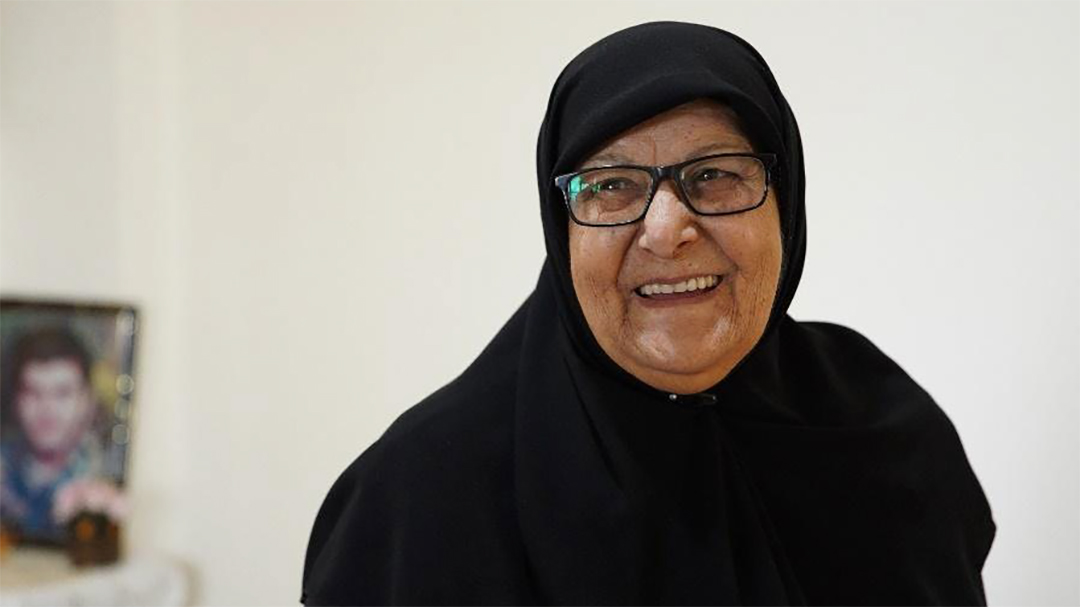This project looks at the impact of the
global food, fuel and finance crisis in 10 different countries, and what this means for older people who are often overlooked, despite their very specific needs.
After Yemen, we turn the spotlight on the situation of older people in Lebanon, the eighth country in this series.
Lebanon is facing its worst crisis in the 21st century
Lebanon is facing its worst socio-economic crisis in decades.
Isolation during the COVID-19 pandemic has had a devastating impact on older people in Lebanon, affecting them mentally, emotionally, socially and financially.
© Amel Association International
The Ukraine war further exacerbated the country’s economy by driving up the costs of commodities.
Additionally, the Lebanese pound devaluated by 95 per cent against the US dollar – from October 2019 to January 2022, food prices rose by 1,000 per cent.
40 per cent of Lebanese society is experiencing extreme multidimensional poverty – they are completely deprived of education, health, housing and income opportunities. In 2022, the country lost its middle-income status, and was reclassified as a lower-middle income country by the World Bank.
And the cost of energy is skyrocketing – more than two-thirds of households spend over half their income on energy.
Lebanon hosts about 1.5 million Syrian refugees – 94 per cent of these households are facing challenges in accessing food.
Older people are grappling under the weight of these multiple crises
A research study conducted by HelpAge and our Lebanese partner AMEL Association revealed many concerning findings.
Worsening food insecurity
Older people are not able to meet their basic food needs in Lebanon. Prices of basic items are increasing, and, in order to cope, they are resorting to buying lower quality products.
“I don’t care about the quality anymore, I just want to put food on my table.” – Study participant
Some are reducing the number of meals and buying cheaper food items.

